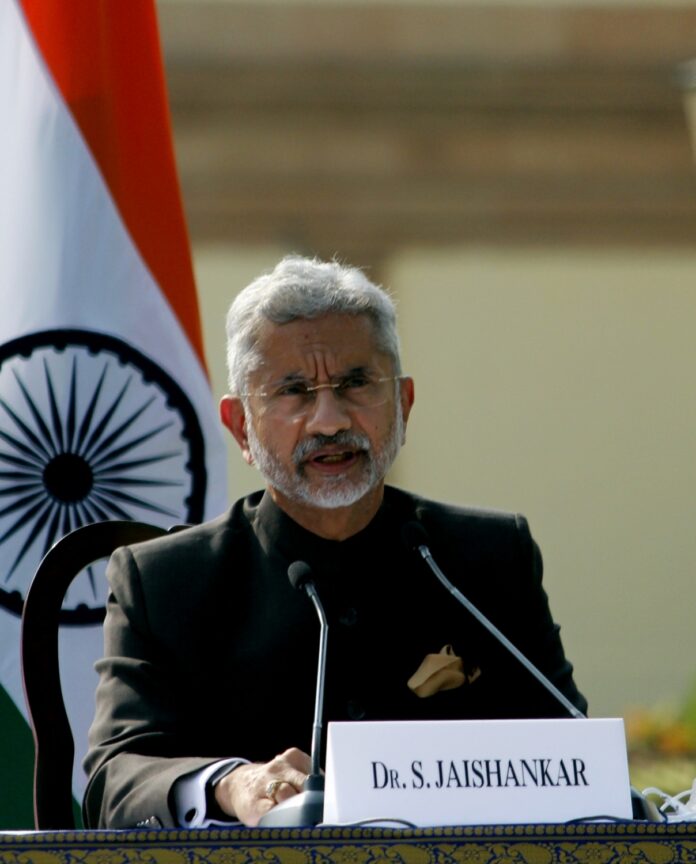London– Indian External Affairs Minister, S. Jaishankar, has hinted at security problems posed by China in the Indo-Pacific region at a conference on Indo-Pacific cooperation between the European Union and foreign ministers of its 27 member countries and a select group of Asian foreign ministers.
“Today, we see challenges on that score with the clarity that proximity brings,” Jaishankar said.
He added: “And believe me, distance is no insulation. The issues we confront in the Indo-Pacific will extend beyond, even to Europe.”
Expanding on what he meant, Jaishankar went on to state: “It is essential that greater power and stronger capabilities lead to responsibility and restraint. This means, above all, respect for international law, territorial integrity and sovereignty. It means economics free of coercion and politics free from the threat or the use of force. It means observing global norms and practices. And refraining from making claims on the global commons.”
He stressed: “We, therefore, welcome EU’s commitment to contribute to the security of the region. This remains a maritime century, and the tides of the Indo-Pacific region will certainly help shape its future.”
Paying tribute to the EU, he remarked: “India appreciates the enormous contribution that Europe can make to shaping world affairs. Its considered voice and mature capabilities are key to the emergence of a multipolar world.”
The minister highlighted France’s contribution by saying: “France was among the first countries in the world to recognise this strategic geography. It is, of course, a resident power in the Indo-Pacific. And by extension, so too is the European Union.
“France and the EU may have strong partnerships, presence and interests in the Indo-Pacific. The values they espouse and the practices they follow are no less significant. The Indo-Pacific is at the heart of the multipolarity and rebalancing that characterises contemporary changes.
“In security, France is already among India’s foremost partners. With the EU too, we now have an enhanced partnership and operational level of access,” Jaishankar said.
The conference hosted by France was attended by the EU’s high representative for foreign affairs, Josep Borrell, the foreign minister of Japan, Yoshimasa Hayashi, and the foreign ministers of Indonesia and Cambodia in the capacities of their countries currently chairing the G20 and ASEAN, respectively. The Chinese foreign minister was conspicuously not invited.
France is presently holding the six-month rotational presidency of the EU. Its foreign minister, Jean-Yves Le Drian, underlined that it is important to go ahead with this first Indo-Pacific Cooperation conference despite the crisis in Ukraine.
“We have worked on concrete projects,” he claimed, listing digital, maritime, autonomy of vacine production, sovereignty of each state and the trap of dependency as the subjects of the projects.
Borrel described the understanding reached between the EU and Asia as having a “multiple dimension on connectivity”. (IANS)















